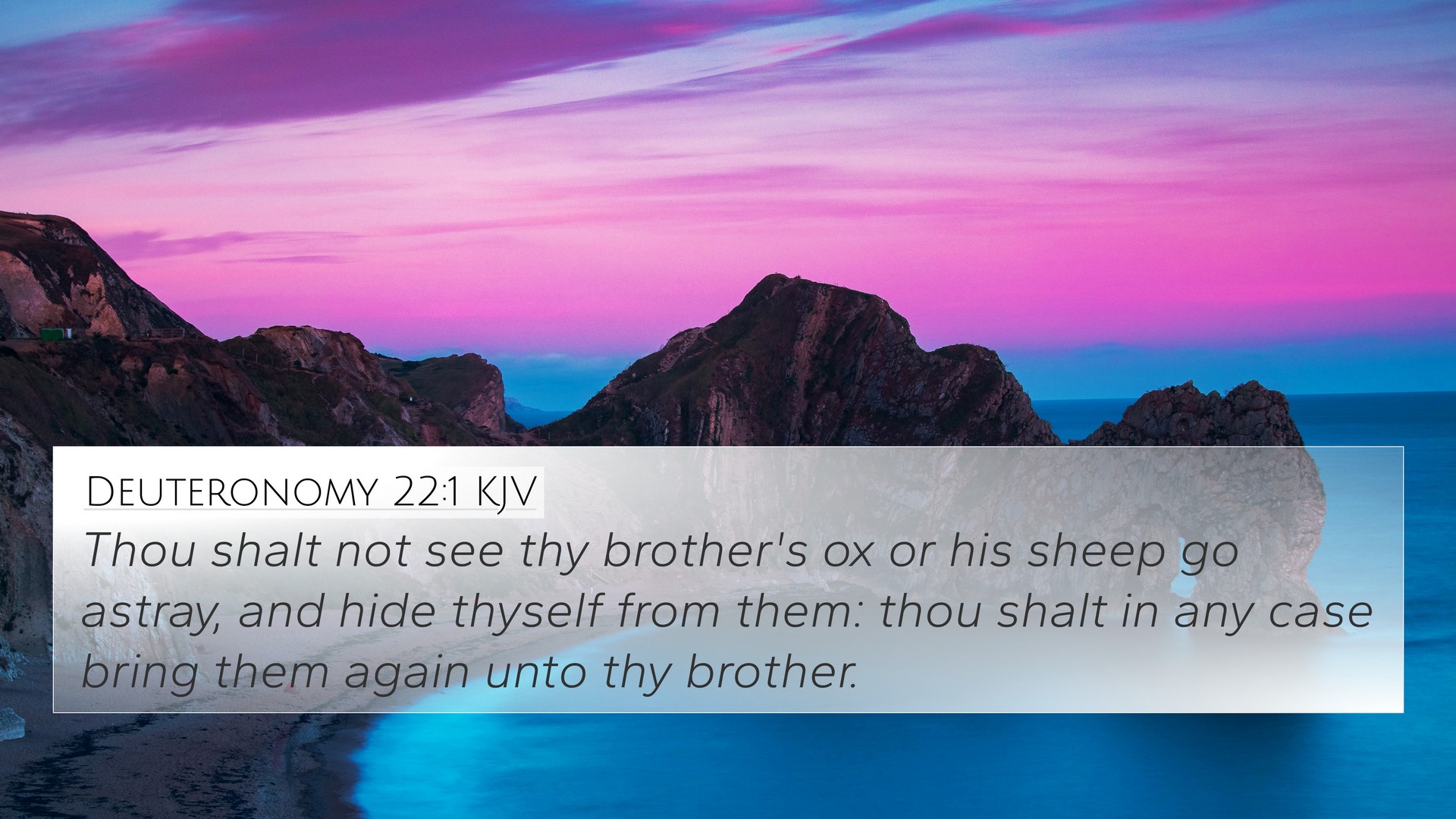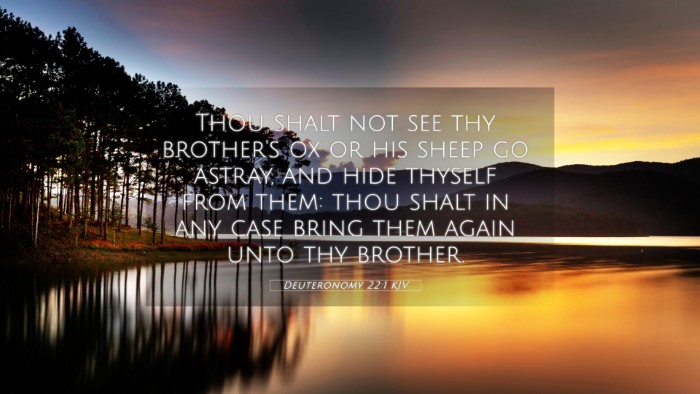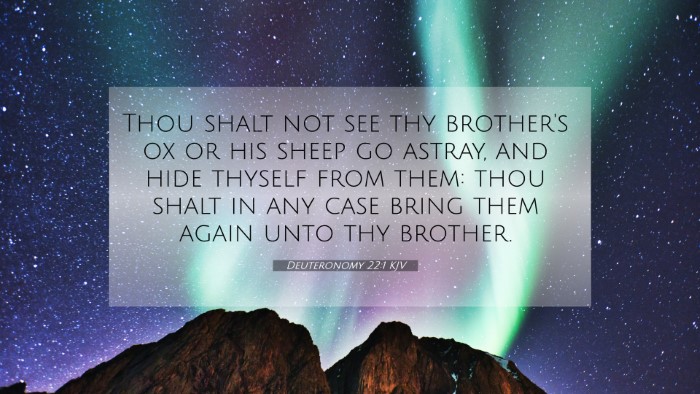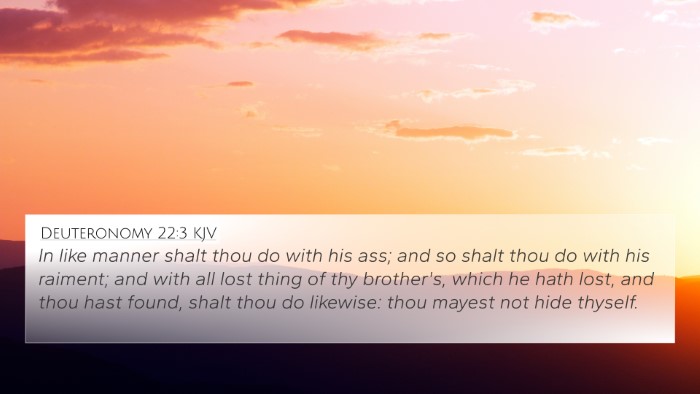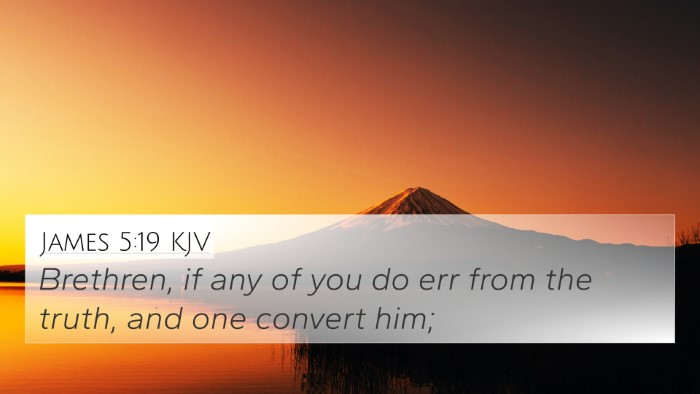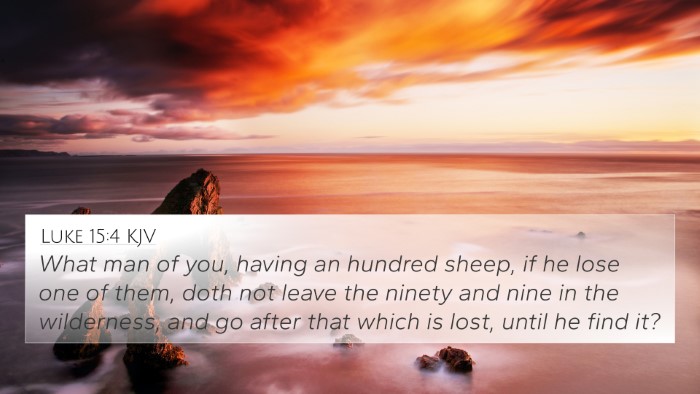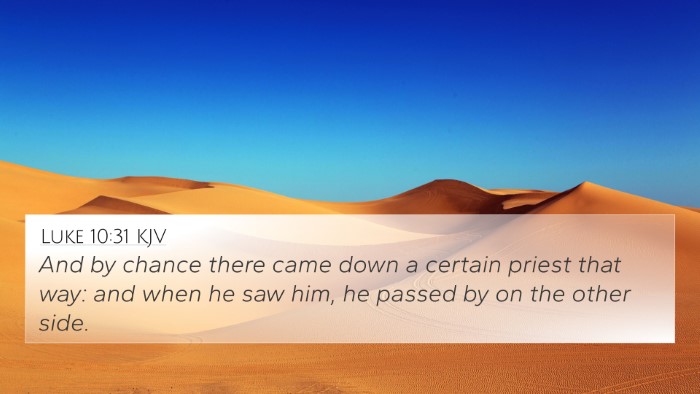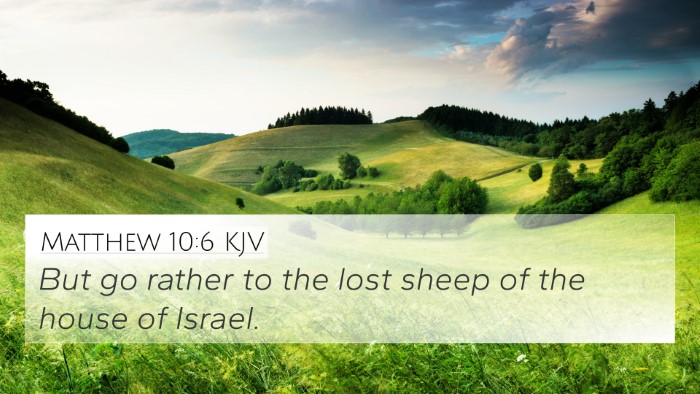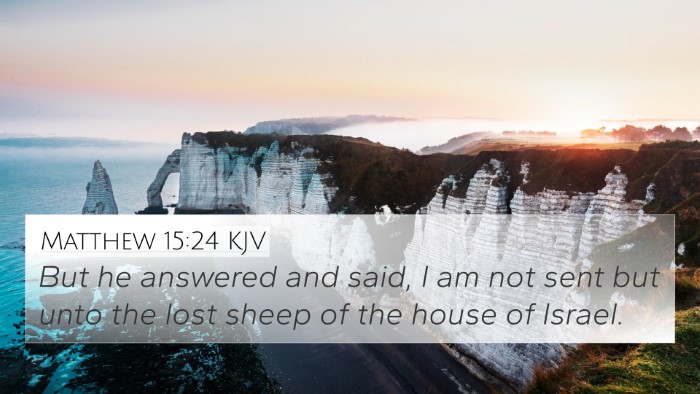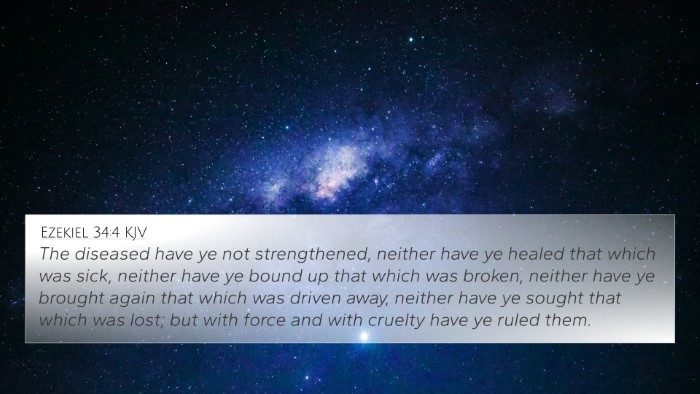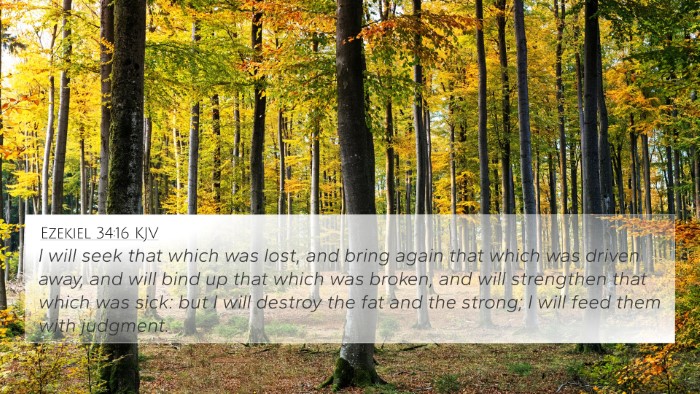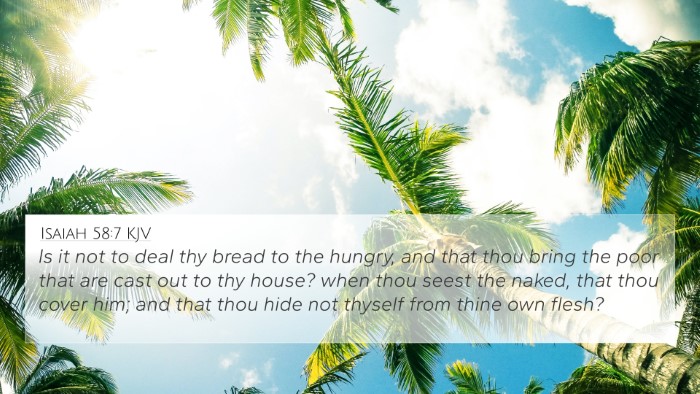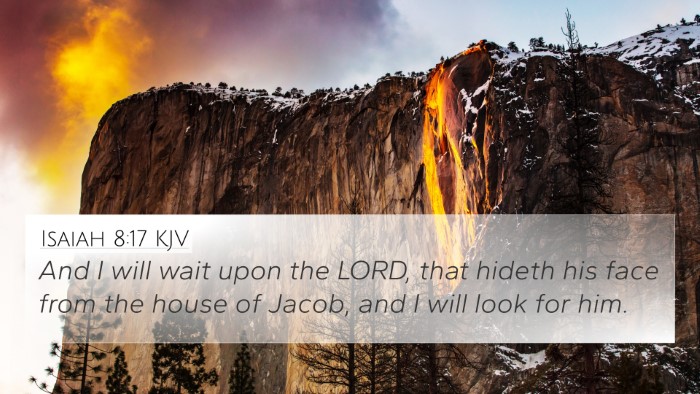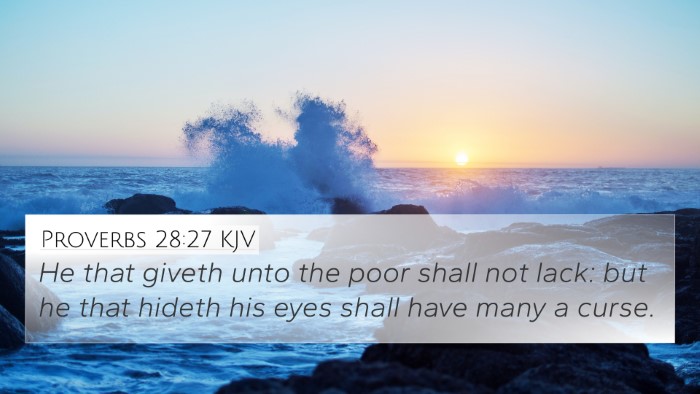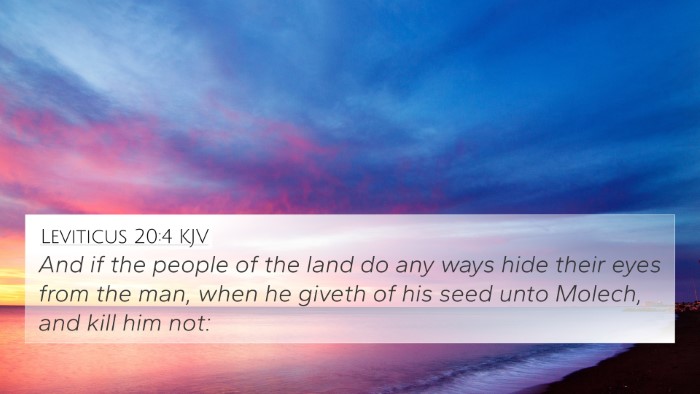Understanding Deuteronomy 22:1
Deuteronomy 22:1 states: "You shall not see your brother’s ox or his sheep going astray, and hide yourself from them; you shall certainly bring them back to your brother." This verse highlights the importance of caring for others and taking responsibility for the well-being of one's community.
Meaning and Context
This verse is part of a larger section in Deuteronomy that outlines various laws given to the Israelites. The specific instruction here emphasizes the moral obligation to assist others in distress, reflecting broader themes of love and responsibility within the Mosaic Law.
Key Insights from Public Domain Commentaries
- Matthew Henry: He interprets this passage as illustrating the spirit of neighborly love, which should compel individuals to act when they see someone else's property in trouble. It reflects God's character and His concern for both individuals and their possessions.
- Albert Barnes: Barnes emphasizes that the law serves not just as a directive but as an ethical principle. The act of aiding a neighbor highlights the collective responsibility of ensuring the welfare of the community.
- Adam Clarke: Clarke points out that this command reinforces social responsibility and the importance of unity among the Israelites. It promotes a culture of helping one another, which was essential for maintaining harmony in society.
Bible Verse Cross-References
This verse connects with various other scriptures that echo similar themes of love, responsibility, and community. Here are 10 related scriptures:
- Exodus 23:4-5: "If you come across your enemy’s ox or donkey wandering off, be sure to take it back to him." This reinforces the call to help others, including one’s enemies.
- Luke 10:25-37: The Parable of the Good Samaritan embodies the principle of helping others in need, regardless of societal boundaries.
- Philippians 2:4: "Let each of you look not only to his own interests, but also to the interests of others." This New Testament principle promotes selflessness in the community.
- Galatians 6:2: "Bear one another's burdens, and so fulfill the law of Christ." This verse speaks directly to the responsibility we have towards one another.
- Matthew 7:12: "Therefore, whatever you want men to do to you, do also to them, for this is the Law and the Prophets." This establishes a foundational ethical principle of reciprocity in relationships.
- Romans 15:1: "We who are strong ought to bear with the failings of the weak and not to please ourselves." This further emphasizes the importance of support within the community.
- James 2:15-16: "If a brother or sister is naked and destitute of daily food, and one of you says to them, 'Depart in peace, be warmed and filled,' but you do not give them the things which are needed for the body, what does it profit?" This challenges superficial expressions of care without action.
- 1 John 3:17: "But whoever has this world's goods, and sees his brother in need, and shuts up his heart from him, how does the love of God abide in him?" This verse alarms the faithful to respond to the material needs of others.
- Proverbs 3:27: "Do not withhold good from those to whom it is due, when it is in your power to act." This proverb elevates the moral imperative to provide help when we can.
- Matthew 25:40: "And the King will answer them, 'Truly, I say to you, as you did it to one of the least of these my brothers, you did it to me.'" This resonates with the idea that helping others is akin to serving God.
Practical Application
Deuteronomy 22:1 encourages contemporary readers to take active roles in their communities, ensuring they assist those in need. This can be lived out by:
- Volunteering: Engaging in local charity efforts and outreach programs.
- Being Watchful: Staying alert to the needs of those around us and responding promptly.
- Building Relationships: Cultivating a sense of community by fostering friendships and support networks.
- Teaching Others: Instilling the values of compassion and responsibility in future generations.
- Reflections: Continually reflecting on personal responsibilities and how one’s actions impact others.
Summary
Deuteronomy 22:1 is a profound reminder of our responsibility towards each other within a community. By understanding the interconnections of this verse with others, we enhance our appreciation for the entire biblical narrative that emphasizes love, care, and social responsibility.
Through proper Bible verse cross-referencing, we can create a thematic Bible verse connection that allows for deeper understanding and reflection on our moral obligations. Exploring these connections between Bible verses not only enriches our knowledge but fosters a more profound practice of faith wherein love and support for one another become our guiding principles.
